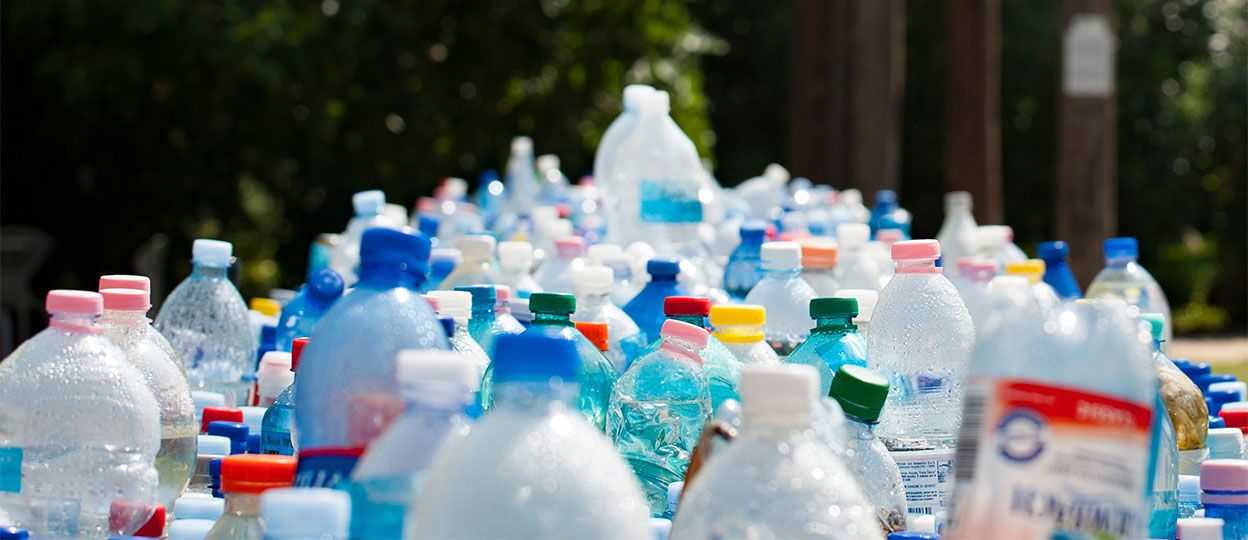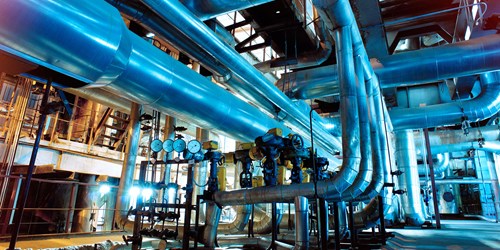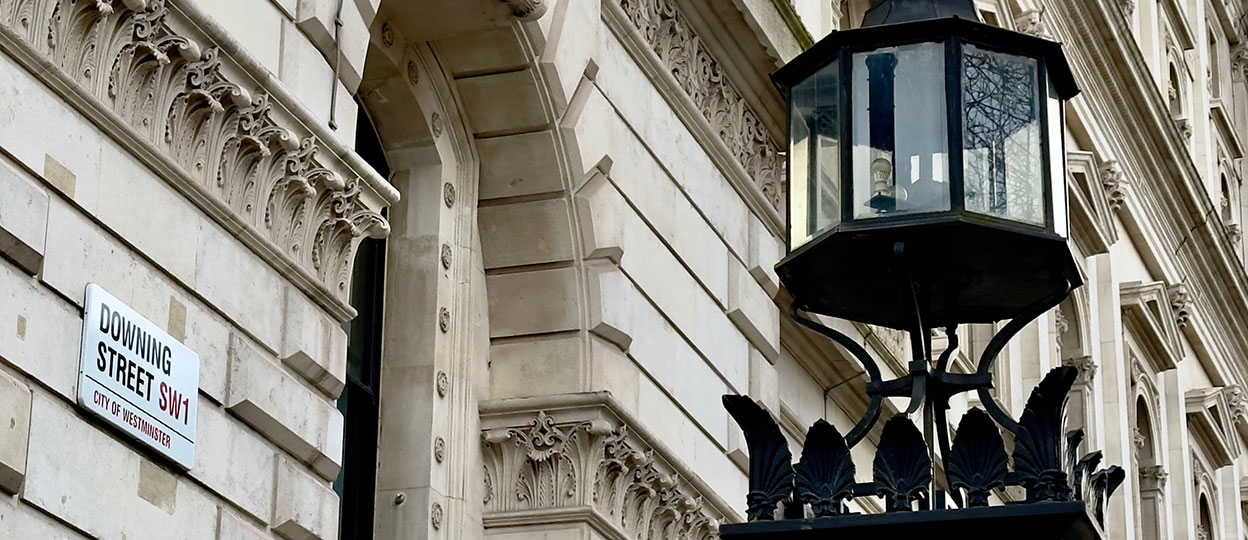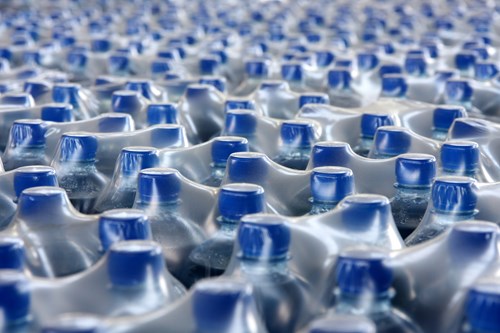A mass balance approach to the tax would allow chemically recycled plastic to count towards the recycled content threshold.
The consultation, published on 18 July after evidence gathering last year, asks whether the mass balance approach should be permitted when calculating recycled plastic content in relation to the Plastic Packaging Tax.
If so, this would make it easier for manufacturers and importers to prove the requisite 30% recycled content when using chemically recycled plastic in manufacturing, to avoid the £210 per tonne tax.
Mass balance is a ‘chain of custody’ model used in a variety of industries used to track materials through complex supply chains. It works by calculating the percentage of a given input (such as recycled plastic) in relation to the total input and allocating it to the outputs.
For instance, if 10% of the plastic feedstock used in a manufacturing run of bottles was recycled, then 10% of the bottles could in turn be classed as being 100% recycled plastic. Equally, 20% of those bottles could be allocated as 50% recycled content and so on.
An alternative to traditional recycling methods
At present, mass balance is not a valid calculation method within the legislation. This is because, when using chemically recycled plastic sources, it is sometimes hard to distinguish virgin from recycled feedstock.
In the chemical recycling process, plastic is broken down to its molecular level and often mixed with virgin material, in turn making it impossible to differentiate post-production. The current tax requirements stipulate that the exact amount of recycled content in each component is accounted for.
The chemical plastic recycling industry has improved in recent years and presents an alternative to traditional mechanical recycling methods. Allowing a mass balance approach – with appropriate controls and in conjunction with certification schemes - within Plastic Packaging Tax methodologies could further increase investment in chemical recycling in the UK, ensuring more manufacturers have access to secondary material and decreasing reliance on virgin materials.
Encourage investment and innovation
Allowing a mass balance approach would require legislation and the consultation is seeking feedback from stakeholders via 38 questions that cover the mass balance approach, mass balance models, how certification would operate, and an assessment of the impacts.
Mark Palmer, senior policy advisor at HMRC, commented “This is an incredibly technical and complex subject so we need industry’s expertise to deliver this well. We want to work with you to make this a joint effort to encourage investment and innovation. We have been told this is vital to encourage this.”
The consultation will run until 10 October 2023 and can be viewed here.





